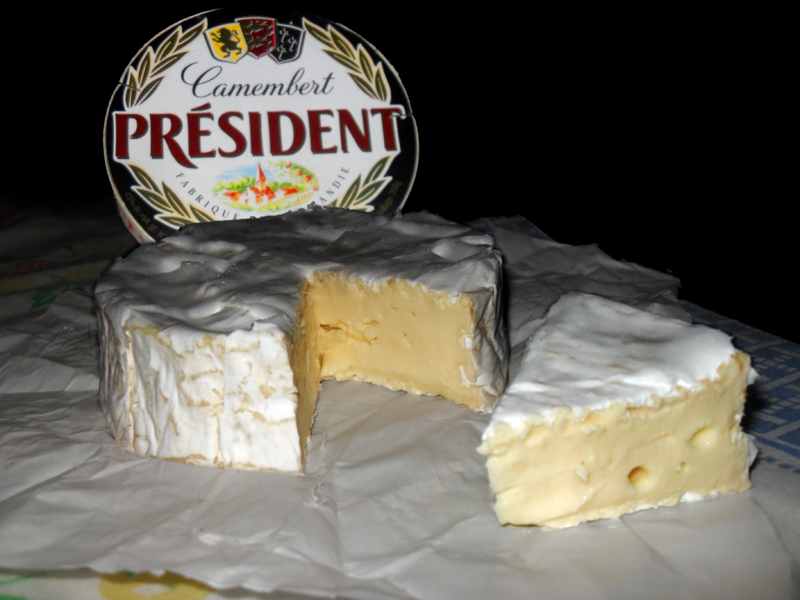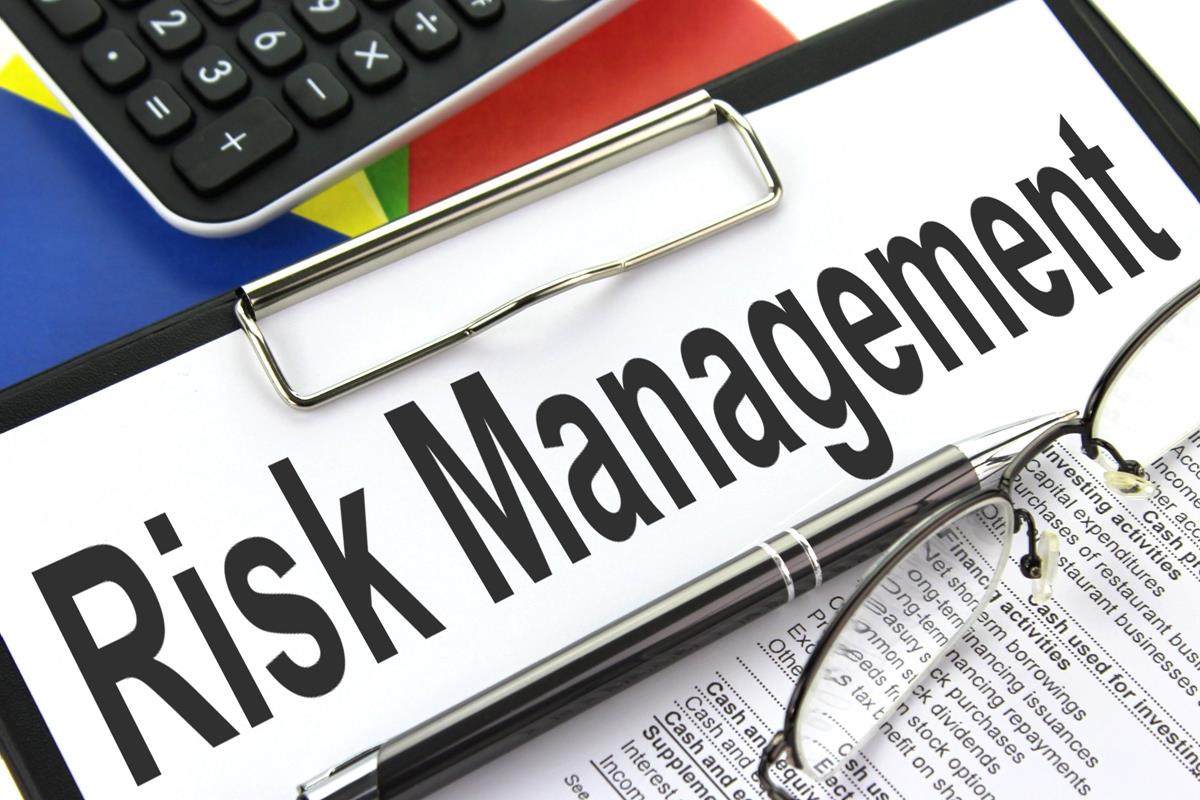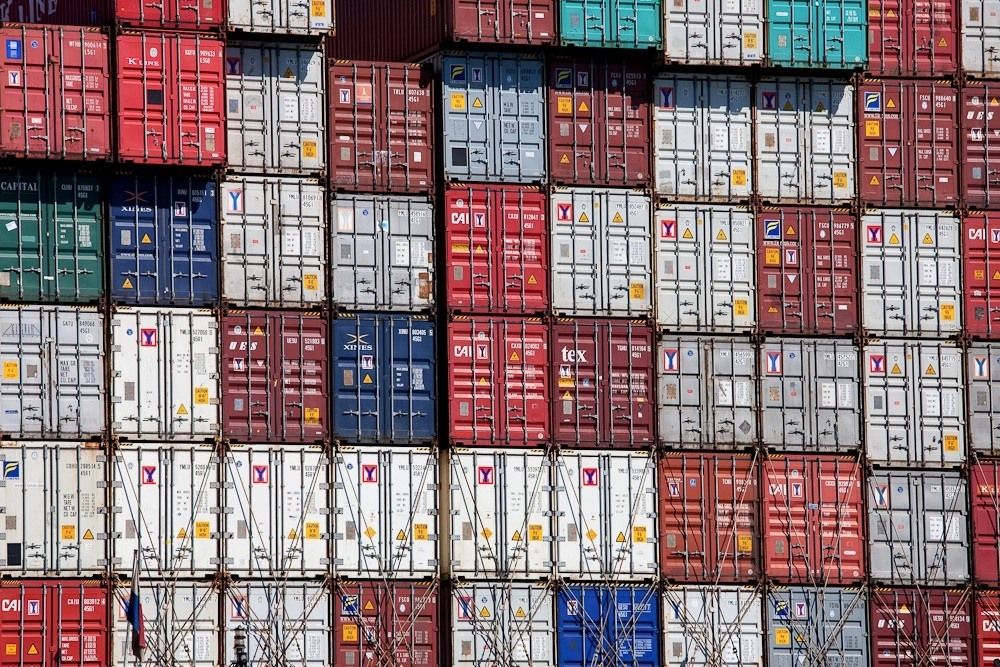DG AGRI’s Milk Market Observatory (MMO) is now proving its worth as a source of up-to-date data on milk and dairy product market developments. It is also an excellent source for historical time-series statistics which allow us to see patterns in the data and to develop hypotheses about the behaviour of actors in the food chain.
The chart below taken from the MMO shows the evolution of two indicators of producer prices for raw milk. One is the weighted average price that EU farmers received for raw milk at real fat and protein content (the ‘producer price’). The other is a hypothetical price, the farmgate milk price equivalent (FMPE), which is the price processors would be expected to pay based on the going market prices for butter and skimmed milk powder after deducting an average processing cost.… Read the rest
Which is the best risk management tool?
The extent and nature of the risk management tools that should be offered to EU farmers is one of the main issues which will be debated in the context of the future CAP after 2020. Already, in the COMAGRI amendments to the Omnibus Regulation, we see the interest of parliamentarians to extend the risk management toolkit and to make it more attractive for farmers to use.
The COMAGRI amendments seek to allow Member States to use CAP funds to contribute to insurance premiums for market-related hazards (that is, price variability) and revenue variations as well as just production variations due to adverse climatic events, diseases, pest or an environmental incident as at present; to provide for sector-specific income stabilisation tools so that farmers could enrol in schemes for a specific production and not necessarily for whole farm income; and would allow indemnification payments to farmers whenever the production loss (or income loss in the case of mutual funds operating an income stabilisation tool) exceeds 20% rather than the 30% in the existing legislation.… Read the rest
UK publishes proposals on customs arrangements with the EU
In her keynote Brexit speech at Lancaster House in January this year, the Prime Minister outlined:
“I do want us to have a customs agreement with the EU. Whether that means we must reach a completely new customs agreement, become an associate member of the Customs Union in some way, or remain a signatory to some elements of it, I hold no preconceived position. I have an open mind on how we do it. It is not the means that matter, but the ends.”
In the White Paper that followed in February, the Government stated that it would prioritise securing “the freest and most frictionless trade possible in goods (…) between the UK and the EU“.… Read the rest



